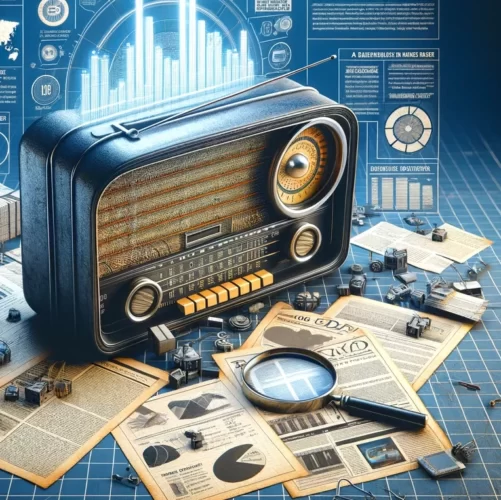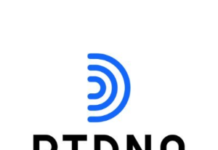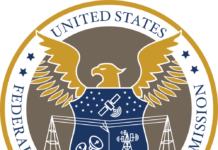
Recent research conducted by Radiocentre and Colourtext has revealed significant shortcomings in the typical short-term attribution models used to assess the impact of radio advertising on performance campaigns in a study titled “Radio: The Performance Multiplier.”
This study, which involved a detailed regression modeling analysis of 1.6 billion multimedia impacts across 30 million web sessions from in-market campaigns, has shown that radio advertising’s true performance effect is underestimated by an astounding 92% due to current attribution methods.
The research demonstrates that it takes a full 19 hours for the effects of each radio advertisement to be fully realized, challenging the conventional measurement approach that captures only 8% of an ad’s effectiveness in the first 20 minutes following transmission. When the full impact of radio is accurately accounted for, the medium is shown to significantly enhance performance-led media campaigns.
Specifically, radio advertising was found to boost daily web sessions by 9% and achieve these results twice as cost-efficiently as other demand-generation media.
Campaigns that utilized radio effectively showcased higher weekly reach and incorporated distinctive audio branding elements, yielding above-average performance efficiencies. This indicates that the strategic use of radio can substantially elevate campaign outcomes.
The influence of radio advertising extends beyond immediate web traffic and sales conversion rates. The study found that radio ads significantly boost organic search volumes and enhance paid search impressions, leading to better conversion rates and heightened paid social ad responses. This suggests that audio advertising not only serves direct marketing goals but also amplifies broader digital marketing efforts.
In terms of strategic implementation, the study advocates for a greater integration of radio within the media mix. By reallocating budgets to favor radio – or simply increasing the medium’s share of existing budgets – companies can enhance their overall campaign performance at no additional cost. This approach leverages radio’s ability to improve both short and long-term marketing goals, maximizing return on investment.
Similar findings had previously been shared by Cumulus Media.
Looking at the long-term, radio advertising proves to be a formidable tool for building brand loyalty and recognition. It helps create a stronger network of mental associations for brands, making them more memorable and top-of-mind during the consumer buying process. These findings underscore radio’s dual strength in driving immediate consumer action and fostering enduring brand relationships.
The Radiocentre study lays out a compelling case for advertisers to rethink the value of radio in their marketing strategies, not just for immediate gains but also for sustainable growth and brand development.






